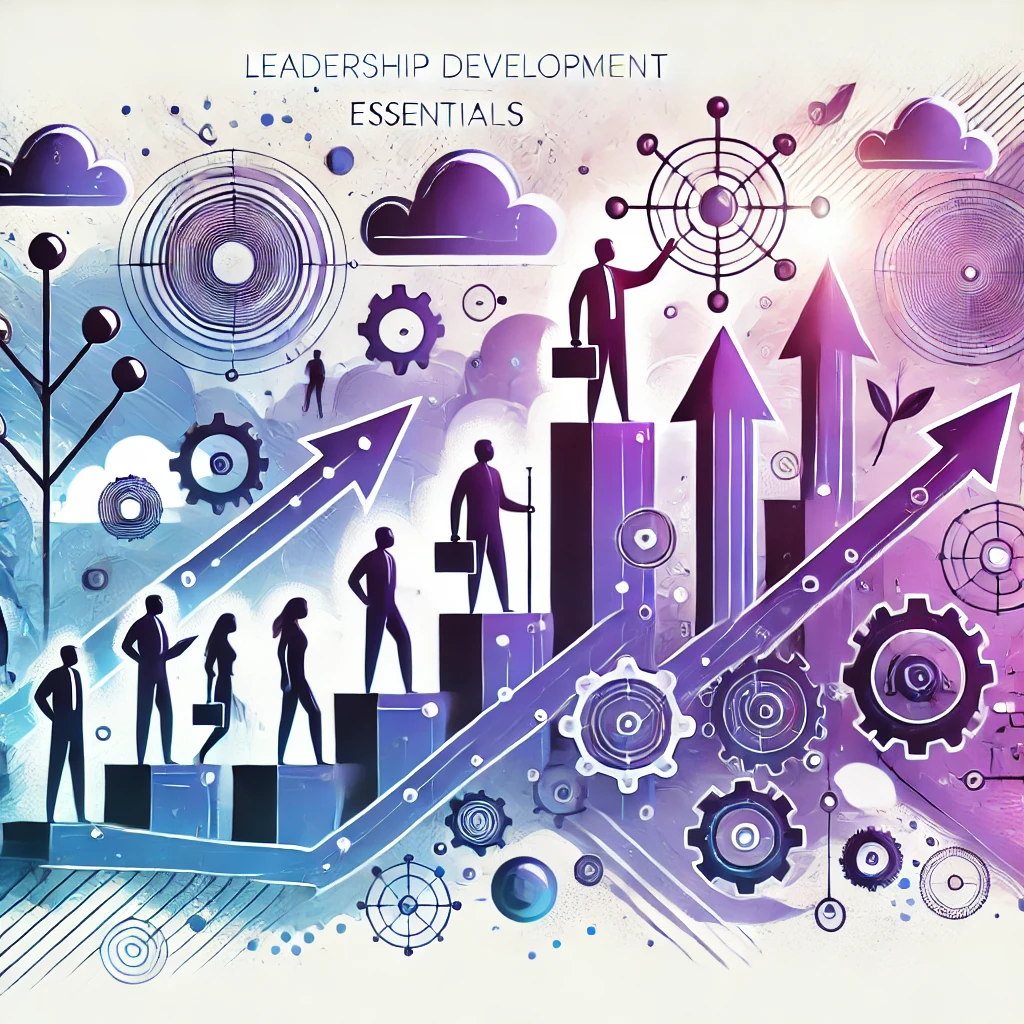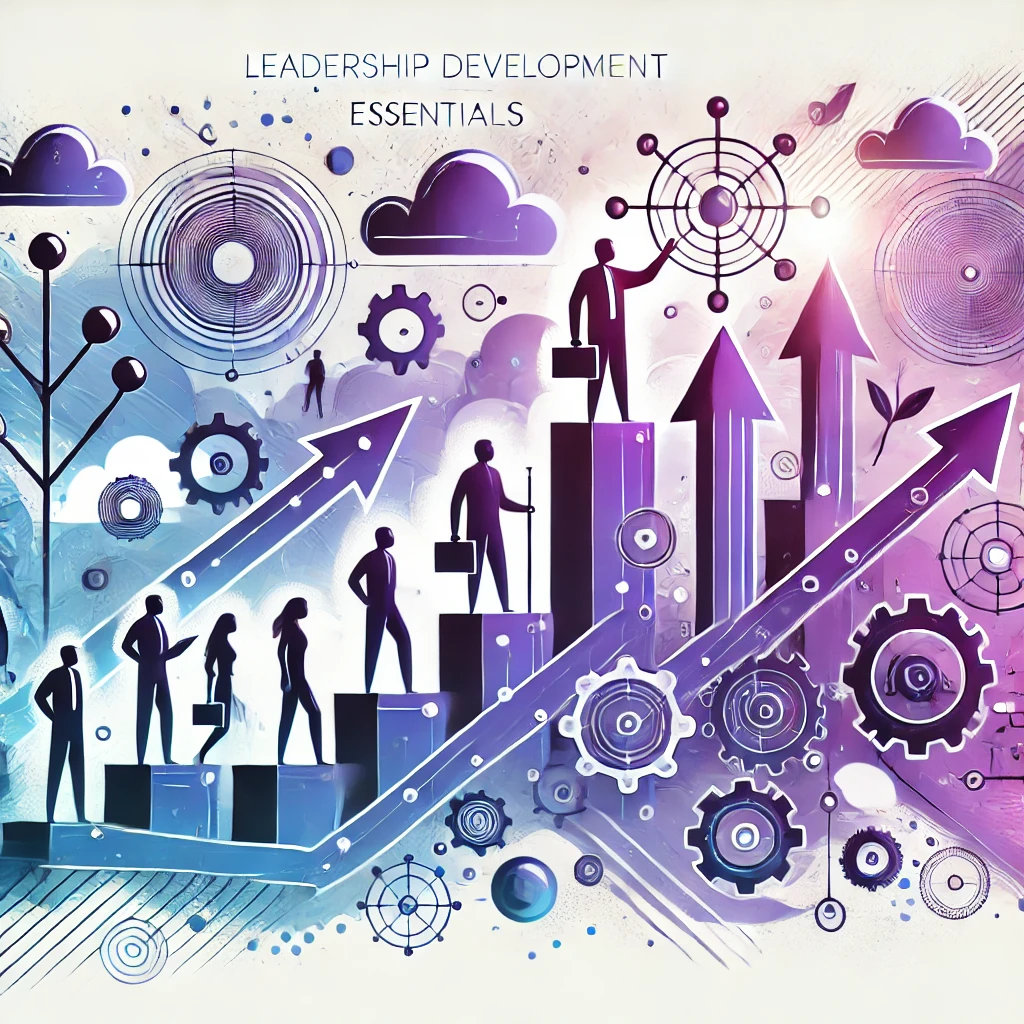Leadership Development Practices: Fostering Growth and Success
Leadership development is a critical pathway for individuals aiming to enhance their influence and effectiveness in various organizational roles. Aspiring leaders must embrace a range of strategies to foster essential skills that support both personal growth and team success. This blog post delves into several foundational tips that can guide emerging leaders on their journey to becoming impactful and respected within their organizations.
Leadership Development: Cultivating Communication Skills
Effective communication stands as a cornerstone in leadership development. Aspiring leaders must learn to convey ideas clearly and listen actively. This involves not only articulating thoughts in a straightforward manner but also genuinely engaging with team feedback. By fostering open lines of communication, leaders can build trust, preempt misunderstandings, and ensure alignment with team objectives. Regular practice through team meetings and one-on-one conversations can sharpen these skills, making communication a powerful tool for leadership.
Embracing Emotional Intelligence
Another critical aspect of leadership development is emotional intelligence. This skill allows leaders to understand and manage their own emotions and those of others effectively. High emotional intelligence leads to better team relationships, conflict resolution, and morale. Aspiring leaders should work on recognizing their emotional triggers and developing empathetic listening skills. Workshops, mentoring, and reflective practices like journaling can be beneficial in enhancing one’s emotional intelligence.
Leadership Development: Fostering Decision-Making Abilities
Decision-making is an essential skill for any leader. Effective leaders are known for making informed and timely decisions. To develop this skill, aspiring leaders should practice analyzing data, weighing pros and cons, and considering diverse perspectives before making choices. Additionally, learning from past decisions, both successes and failures, can provide valuable insights and improve future decision-making processes.

Leadership Development: Building a Visionary Mindset
Leadership also involves setting a vision for the future and inspiring others to follow. Aspiring leaders should cultivate the ability to foresee industry trends and organizational needs that align with long-term goals. Developing a visionary mindset involves continuous learning about the industry, engaging with innovative ideas, and thinking strategically about how to position the team or organization for future success.
Leadership Development: Prioritizing Continuous Improvement
The journey of leadership development does not have an endpoint; it requires a commitment to ongoing improvement. Aspiring leaders should seek regular feedback from peers, mentors, and supervisors to identify areas for growth. Additionally, engaging in continuous education and professional development courses can keep leaders up to date with the latest leadership strategies and industry trends.
Conclusion
For those aspiring to lead, embracing these leadership development essentials can significantly enhance their effectiveness and prepare them for advanced responsibilities. By focusing on improving communication, emotional intelligence, decision-making skills, and maintaining a visionary outlook, emerging leaders can build a robust foundation for their leadership careers. Remember, effective leadership is not about power but about empowering others to achieve common goals, fostering an environment of growth and innovation within the organization.
Learn how to implement a brain-friendly workplace with practical tips and understand its benefits by checking out our detailed post, “Brain-Friendly Workplace Implementation: Practical Tips and Benefits.”









